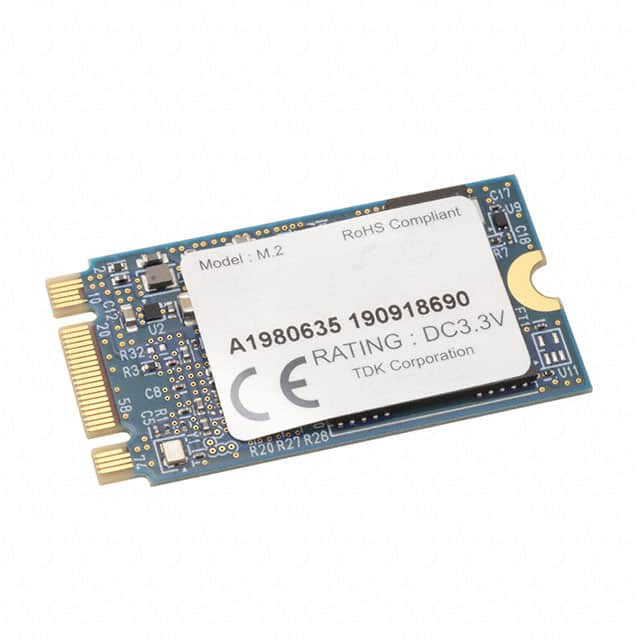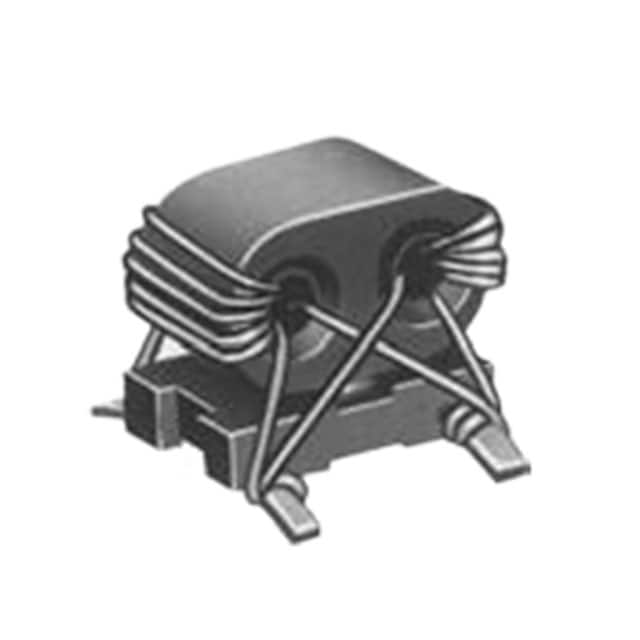Ⅰ. Memory Cards, Modules
Ⅱ. Physical Characteristics of Memory Cards, Modules
Ⅲ. Electrical Characteristics of Memory Cards, Modules
Memory cards and modules are electronic storage devices that are commonly used in a variety of applications, including computers, cameras, smartphones, and other digital devices. These devices allow users to store and retrieve data, including photos, videos, music, and other files.

Memory cards are small, portable storage devices that can be inserted into a variety of devices to store data. They come in different sizes and form factors, including Secure Digital (SD), CompactFlash (CF), and microSD cards. Memory cards can have varying storage capacities, ranging from a few gigabytes to multiple terabytes.
Memory modules, on the other hand, are electronic components that are used to expand the memory capacity of a computer or other digital device. Memory modules are typically in the form of small circuit boards that contain a number of memory chips. They can be inserted into a computer's motherboard or other compatible device to increase its memory capacity.
There are different types of memory modules available, including DDR (Double Data Rate) memory, DDR2, DDR3, and DDR4 memory modules. These modules have different specifications and are compatible with different types of computer systems.
Memory cards and modules are essential components of many digital devices, allowing users to store and retrieve large amounts of data quickly and easily. They are widely used in personal computers, digital cameras, smartphones, gaming consoles, and other digital devices.
Physical Characteristics of Memory Cards, Modules
The physical characteristics of memory cards and modules can vary depending on the type and form factor of the device. Here are some common physical characteristics:
Memory Cards:
Size: Memory cards come in different sizes, depending on their form factor. For example, SD cards are typically 32mm x 24mm x 2.1mm, while microSD cards are smaller, at 15mm x 11mm x 1mm.
Capacity: Memory cards can have different storage capacities, ranging from a few gigabytes to multiple terabytes.
Speed: Memory cards can have different read and write speeds, depending on their class rating. For example, Class 10 SD cards have a minimum write speed of 10MB/s, while UHS Speed Class 3 cards have a minimum write speed of 30MB/s.
Interface: Memory cards use different interfaces to connect to devices, such as SD, microSD, and CF interfaces.
Memory Modules:
Size: Memory modules come in different sizes, depending on their type. For example, DIMM (Dual In-Line Memory Module) modules are typically 133.35mm x 30mm x 4.2mm, while SO-DIMM (Small Outline Dual In-Line Memory Module) modules are smaller, at 67.6mm x 30mm x 3.8mm.
Capacity: Memory modules can have different storage capacities, ranging from a few gigabytes to multiple terabytes.
Speed: Memory modules can have different clock speeds, depending on their type and specifications. For example, DDR4 memory modules can have clock speeds ranging from 2133MHz to 4800MHz.
Interface: Memory modules use different interfaces to connect to devices, such as DDR3 and DDR4 interfaces.
The physical characteristics of memory cards and modules depend on the specific type and form factor of the device, as well as its capacity, speed, and interface.
Electrical Characteristics of Memory Cards, Modules
The electrical characteristics of memory cards and modules also vary depending on their type and specifications. Here are some common electrical characteristics:
Memory Cards:
Voltage: Memory cards typically operate at a voltage of 3.3V or 5V, depending on the type of card and its specifications.
Power consumption: Memory cards have different power consumption levels, depending on their type and speed. For example, higher speed cards may require more power to operate.
Data transfer rate: Memory cards have different data transfer rates, depending on their type and speed. For example, SD cards can have transfer rates of up to 312MB/s, while microSD cards can have transfer rates of up to 170MB/s.
Memory Modules:
Voltage: Memory modules typically operate at a voltage of 1.2V or 1.35V, depending on the type of module and its specifications.
Power consumption: Memory modules have different power consumption levels, depending on their type, speed, and voltage. For example, DDR4 memory modules may consume less power than DDR3 memory modules due to their lower voltage.
Data transfer rate: Memory modules have different data transfer rates, depending on their type and speed. For example, DDR4 memory modules can have transfer rates of up to 3200MT/s, while DDR3 memory modules can have transfer rates of up to 2133MT/s.
The electrical characteristics of memory cards and modules depend on their type, specifications, and operating conditions, including voltage, power consumption, and data transfer rates.



